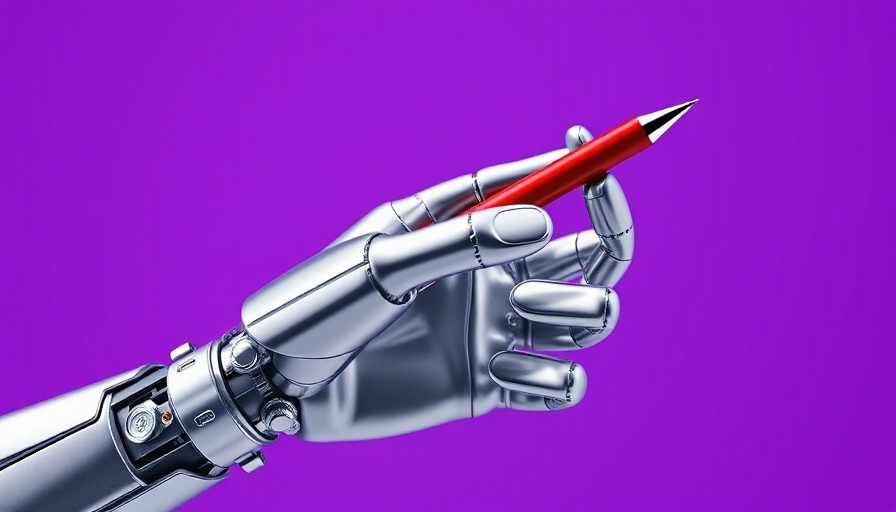
AI in Creative Writing: A New Frontier or a Diminution of Art?
The recent unveiling of OpenAI’s new creative writing model has ignited a fervent debate among writers and enthusiasts alike. OpenAI CEO Sam Altman showcased a short story generated by this technology, aiming to illustrate its capability for creative output. However, the mixed reactions from authors, especially in San Francisco’s vibrant literary scene, reveal a significant divide in how AI-generated content is valued compared to human creativity.
Understanding AI-Generated Creativity
Altman heralds the model as adept at producing compelling narratives, yet many seasoned authors contest this assertion. The story presented, which delves into themes of AI and grief, was critiqued by writers like Dave Eggers, who referred to it as "pastiche garbage." He argues, "AI can cut and paste text stolen from the internet, but that’s not art." His perspective highlights a crucial point: while AI can mimic language patterns, it lacks the authentic essence that infuses human-created art.
Eggers further contends that art is an expression of individual experiences—synthesized through emotions and personal history, which AI lacks. Authors like Susan Steinberg express a similar sentiment, noting that while AI-derived narratives may exhibit technical proficiency, they fall short of capturing the “messy” beauty intrinsic in true artistic expression.
The Implications for Literary and Cultural Narratives
The dialogue surrounding AI's role in creative writing echoes larger questions about the technology's impact on cultural narratives and the authenticity of human expression. Critics like Linda Maye Adams emphasize the erosion of creative agency in writers who might lean on AI tools for shortcuts rather than engaging deeply with the writing process. Adams argues that "writing is not really writing; it’s thinking," suggesting that the cognitive effort that comes from crafting narratives is irreplaceable.
The potential dependence on AI to enhance writing skills, rather than developing them through traditional practices, raises concerns. As Adams points out, such reliance implies short-term solutions that may undermine long-term mastery of the craft. This aligns with many writers' fears that generative technologies could dilute literary depth and nuanced storytelling.
A Cultural and Existential Inquiry
This debate is particularly poignant in a culture that increasingly values speed and efficiency over quality and authenticity. The allure of AI lies in its ability to generate content rapidly, but as Roddie notes, we must consider what is lost in this trade-off. With increases in AI-generated material flooding platforms, the challenge transforms from creation to curation. The emphasis on traditional, deeply-felt storytelling risks being overshadowed by an influx of generic content.
The Future of Human Creativity in the Age of AI
As AI continues to evolve and penetrate various creative fields, we face a looming question: Can these machines ever reproduce the intricacies of human experience? Will we increasingly distill our narratives to fit algorithmic parameters, or will we resist and uphold the integrity of personal storytelling?
The essence of creative writing lies in personal expression—an amalgamation of experiences, emotions, and insights honed through continual practice. The challenge moving forward will be ensuring that advancements in AI serve to augment human creativity rather than supplant it. As authors like Adams implore, "Creative writing requires a soul to live"—an element that AI, for all its technological prowess, fundamentally lacks.
 Add Row
Add Row  Add
Add 




 Add Row
Add Row  Add
Add 

Write A Comment